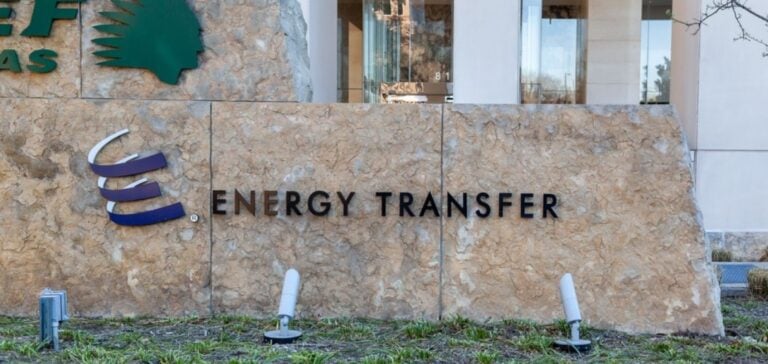US companies Energy Transfer LP and Sunoco LP have announced the formation of a joint venture to combine their crude oil and produced water gathering assets in the Permian Basin. This region, which stretches across western Texas and southeastern New Mexico, is one of the main oil and gas production areas in the United States. In addition, theUS oil industry is facing a drop in demand.
A Strategic Union
The joint venture, formed on July 1, is immediately accretive to distributable cash flow for both companies. Dallas-based Energy Transfer will hold a 67.5% stake, while Sunoco will own the remaining 32.5%.
This operation will enable the joint venture to manage over 8,000 kilometers of crude oil and water gathering pipelines, with crude oil storage capacity exceeding 11 million barrels. This consolidation is aimed at strengthening their presence and efficiency in the Permian Basin.
Financial and operational benefits
The consolidation of collection and storage assets should offer substantial financial benefits, notably through economies of scale and better use of existing infrastructures. The partnership will also optimize operations and reduce operating costs, while increasing the resilience of hydrocarbon supply chains.
Energy Transfer and Sunoco are thus seeking to capture a larger share of the crude oil gathering and transportation market in the Permian Basin, in response to growing demand from refineries and exporters.
Market outlook
The initiative comes at a time when investment in the energy sector is increasingly focused on improving existing infrastructure and optimizing transmission networks. This joint venture could serve as a model for other similar collaborations in the industry, particularly in regions with high oil production.
The agreement between Energy Transfer and Sunoco reflects a trend towards consolidation in the energy sector, where companies are seeking to improve their operational efficiency and strengthen their market position through strategic partnerships.
This joint venture should have a significant impact on the Permian Basin crude oil market, opening up new opportunities for investors and operators in the sector.






















